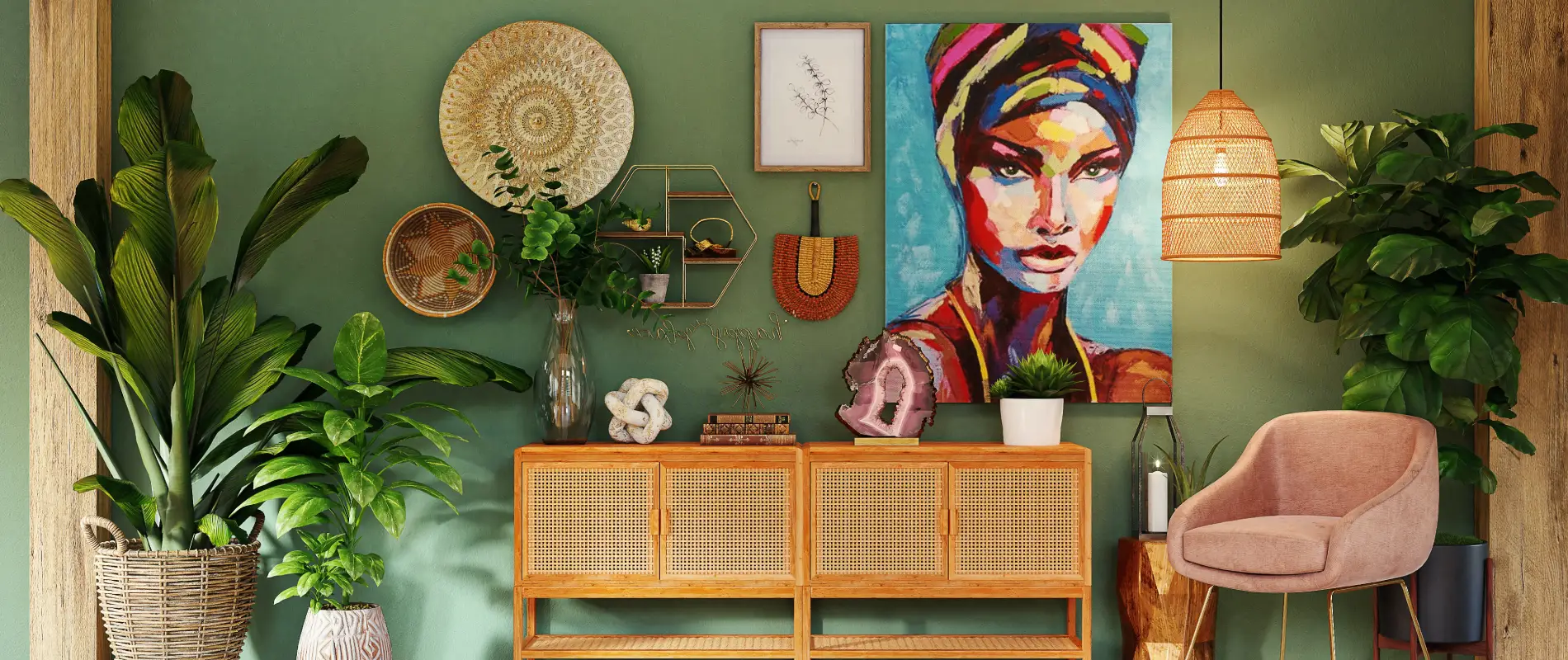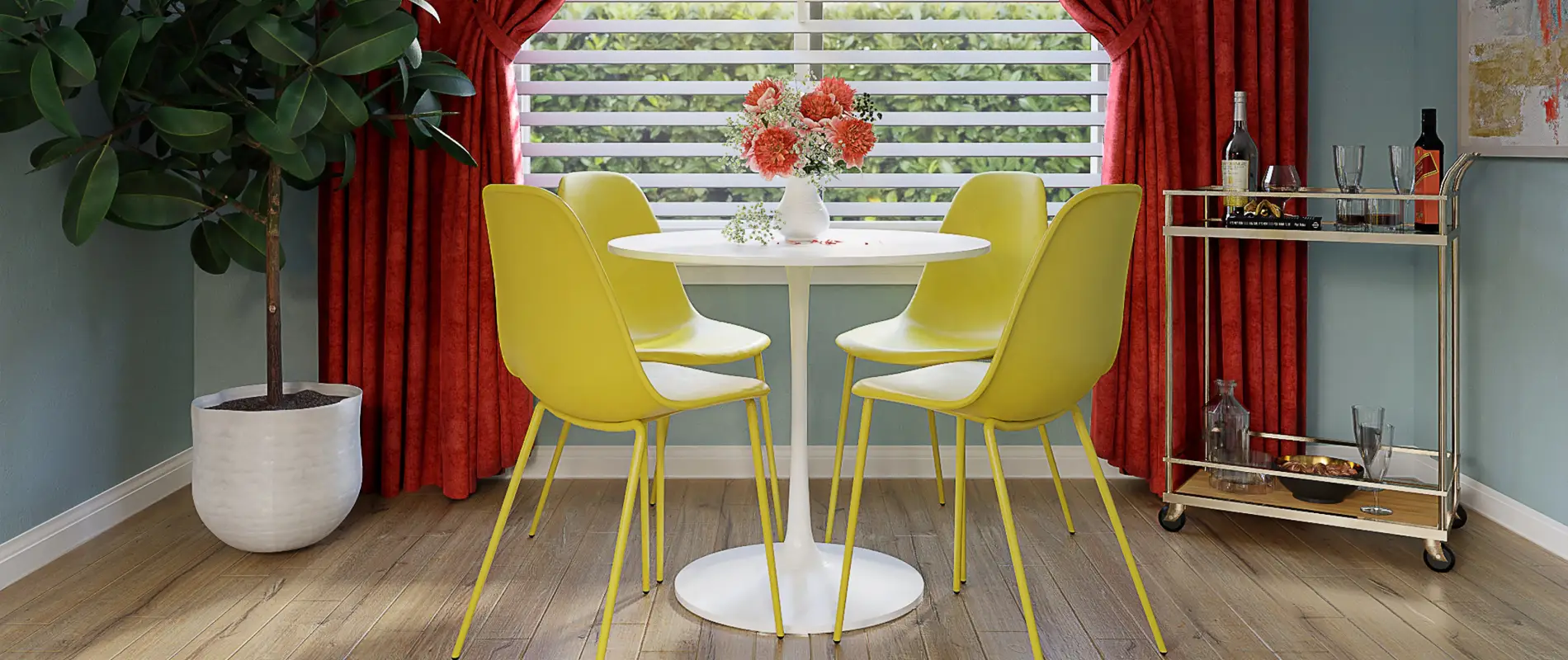Elevate your WordPress site with compelling layout analysis
Transforming a WordPress website into an engaging platform is about choosing the right design. Dive into the world of modern three-column layouts that spotlight your main services such as Private Dining, Live Entertainment, and Event Booking. This design is centred around a dynamic video play element that guides your audience’s attention precisely where you want it.
Key features of the design
- Engaging headers: Each column starts with a clear header indicating the service offered, making it easy for visitors to navigate.
- Informative text blocks: Just beneath the headers, you’ll find concise descriptions that offer insights into your services, making sure visitors know what’s in store.
- Stunning visuals: The main image, a compelling culinary scene, sets an inviting tone that strengthens the connection with your audience.
- Interactive buttons: Each column wraps up with a “Learn More” button, nudging users to explore your offerings further.
Interactive and user-friendly elements
- Dynamic video feature: The central video grabs attention and serves as a gateway to explore more engaging content.
- Modern typography: Catchy headers and clean text blocks ensure readability while blending seamlessly with a refined theme.
- Subtle graphical touches: A distinctive play button encourages interaction, while the organised visual blocks enhance clarity.
Unique design aspects
- Visually striking: The standout video element boosts visual engagement, showcasing your dining experience beautifully.
- Responsive and accessible: While specifics aren’t detailed, the layout is clean for readability across devices. Implementing responsive WordPress design is essential to ensure accessibility for all users.
10 ways to organise content in WordPress
Create well-structured menus that guide visitors through your site. This helps users find content quickly and improves overall site organisation.
2. Utilise categories and tags
Organise posts with categories for broader topics and tags for more specific keywords. This improves navigation and optimises your site for search engines.
3. Implement a content hierarchy
Arrange your pages and posts in a logical order. Use a parent-child relationship to indicate which contents are more important or related.
4. Leverage custom post types
Create custom post types to differentiate unique content items from regular posts and pages, allowing for better organisation and presentation.
5. Utilise page builders
Employ page builders, including Elementor Alternatives, to design layouts tailored to your needs, making content more accessible and engaging.
6. Use landing pages
Create dedicated landing pages with specific themes or purposes to streamline the user journey and focus on conversions or guiding users to particular services.
7. Add related posts and links
Incorporate related posts and links to keep readers engaged and encourage them to explore topics further, enhancing site stickiness.
8. Utilise a search function
Implement a robust search functionality to encourage users to find specific content without hassle, improving the user experience significantly.
9. Use widgets effectively
Utilise widgets for additional content or features in your sidebar or footer. This improves navigation and highlights key areas of interest.
10. Utilise the WordPress pattern library
Make use of the WordPress pattern library to implement pre-designed layouts and ensure a consistent, professional site presentation without extensive design skills.
10 different types of content in WordPress
1. Blog posts
Blog posts are the backbone of most WordPress sites. They enable sharing of regular content, updates, or stories with a clear date archive for readers.
2. Pages
Static pages are an ideal method for presenting timeless content such as “About Us” and “Contact” information, which rarely require frequent updates.
3. Custom post types
Create unique post types tailored to your specific content needs, allowing better organisation and presentation of specialised content beyond standard posts and pages.
4. Media files
Include images, videos, and audio files to enrich your content. Media files can improve engagement and convey information more vividly.
5. Events
Use event content to display details about upcoming activities or occasions, complete with dates, times, and locations, engaging your visitor community effectively.
6. Reviews
Incorporate review content for products or services. User-generated reviews add credibility and are persuasive for potential customers.
7. Portfolios
Showcase your work and achievements with portfolio content, excellent for creative professionals wanting to display their expertise attractively.
8. Testimonials
Testimonials are powerful content types that lend credibility and positive reinforcement, persuading new customers through shared experiences of previous clients.
9. FAQs
Frequently Asked Questions (FAQs) address common queries effectively, serve user needs, and reduce repetitive inquiries, enhancing user satisfaction.
10. Podcasts
Host and share audio content through podcasts, reaching audiences who prefer to consume content aurally. Podcasts enrich the diversity of your content strategy.
Conclusion
Innovative WordPress website design involves thoughtful layout strategies like the stunning three-column approach outlined here. By using engaging interactive elements, sleek design, and strategic content, you can escalate user engagement and ensure your visitors have a high-quality experience. Whether showcasing dining services or exploring AI-driven builders, these methods will entice visitors to delve deeper into your offerings and keep them returning for more.



